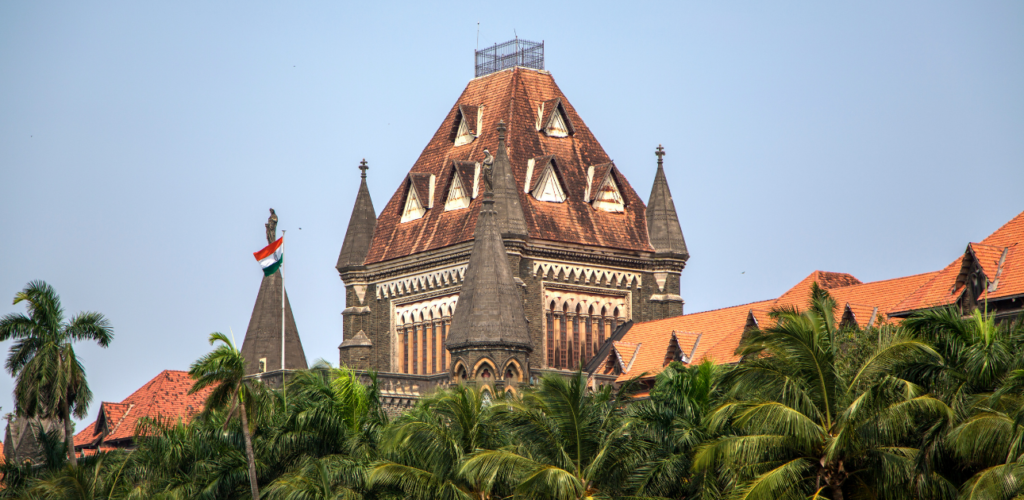Radhika Mittal
In a significant development for Mumbai’s road safety, the Bombay High Court has revived a public interest litigation (PIL) originally filed in 2013 concerning the alarming state of roads and persistent potholes across the city. This revival comes in light of ongoing concerns regarding public welfare and the fundamental right to life, as enshrined under Article 21 of the Indian Constitution.
Background of the Case
The PIL was initially filed to address the deteriorating condition of roads in Mumbai, which has been a long-standing issue affecting commuters and residents alike. Despite previous court orders aimed at improving road conditions, including directives issued in February and April of 2018, many citizens have continued to voice their frustrations over the inadequate state of infrastructure.
Advocate Ruju Thakker, who brought the contempt petition against various municipal corporations—including those of Mumbai, Thane, Mira-Bhayandar, Vasai-Virar, Kalyan-Dombivli, and Navi Mumbai—argued that potholes remain a persistent danger. The 2019 contempt petition highlighted what Thakker described as “non-compliance” with earlier court orders, prompting the court to take a closer look at the situation.
Court’s Observations
During the recent hearing, Chief Justice Devendra Kumar Upadhyaya and Justice Amit Borkar acknowledged that while local authorities had made bona fide efforts to comply with previous orders, their actions still fell short of complete compliance. The judges noted that substantial work had been completed—out of approximately 2,050 kilometers of roads in Mumbai, only 81 kilometers remained unaddressed. However, they also pointed out that many roads were still in poor condition and that there was a lack of a fully functional grievance redressal mechanism.
The judges expressed concern over several key issues:
- Incomplete Repairs: Despite some progress in road maintenance and pothole filling, many areas still suffer from inadequate repairs.
- Grievance Mechanism: The absence of an effective system for addressing public complaints regarding road conditions has hindered timely action.
- Piecemeal Approach: The judges criticized the authorities for addressing pothole repairs in a fragmented manner rather than as part of a comprehensive strategy.
Directions Issued by the Court
In light of these observations, the High Court decided to revive the 2013 PIL and directed local authorities to take immediate corrective actions. The bench emphasized that maintaining streets and footpaths should be treated as an ongoing obligation for local authorities. They stressed that these bodies must ensure that potholes are filled scientifically and that roads are kept in good condition at all times.
The court has mandated that a detailed compliance report be submitted by December 3, 2024. This report is expected to outline specific measures taken to address the existing deficiencies and improve road safety for all citizens.
Conclusion
The revival of this PIL marks an important step towards holding local authorities accountable for road maintenance and ensuring public safety. As Mumbai continues to grapple with infrastructural challenges, this ruling serves as a reminder of the judiciary’s role in safeguarding citizens’ rights and welfare.
Case Title: Ruju R. Thakker vs State of Maharashtra
Bench: Chief Justice Devendra Kumar Upadhyaya and Justice Amit Borkar

